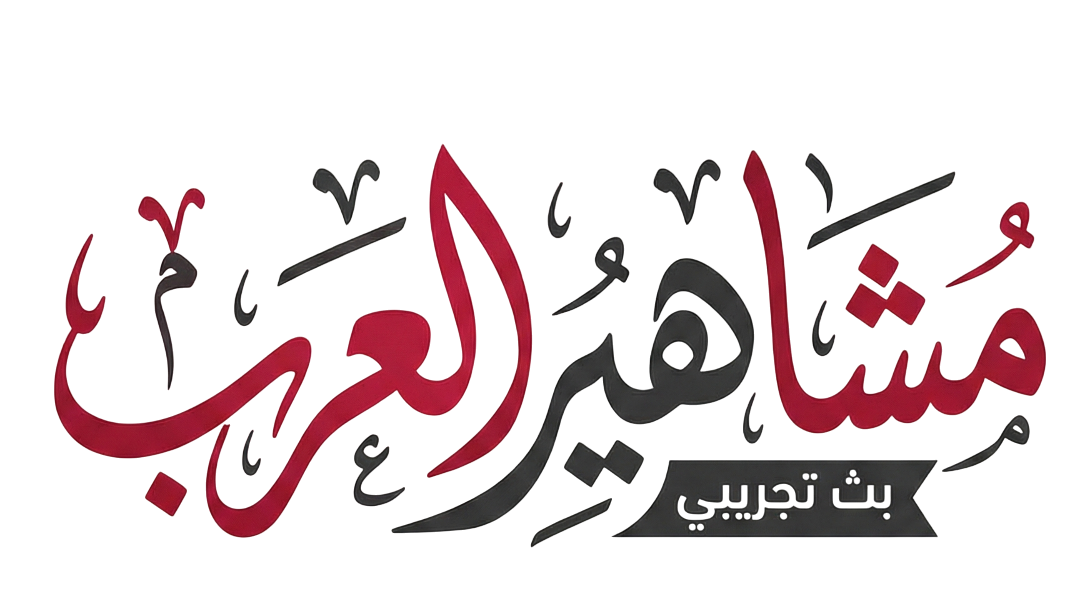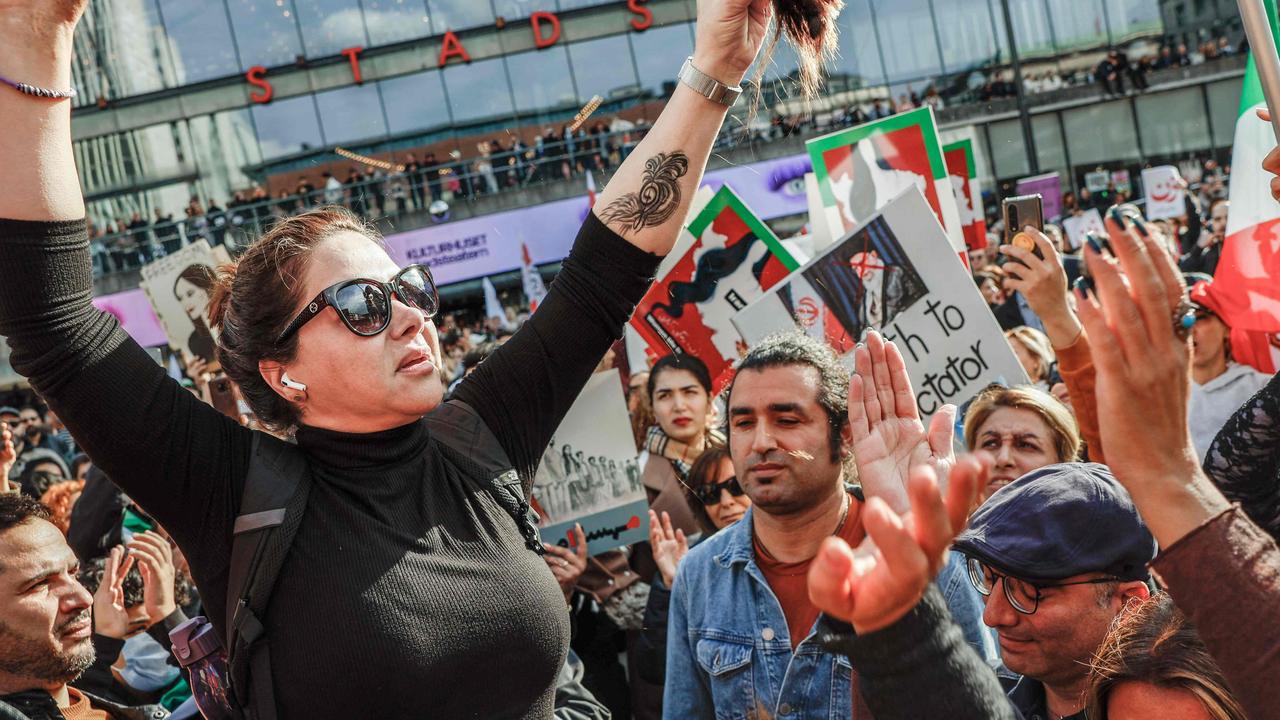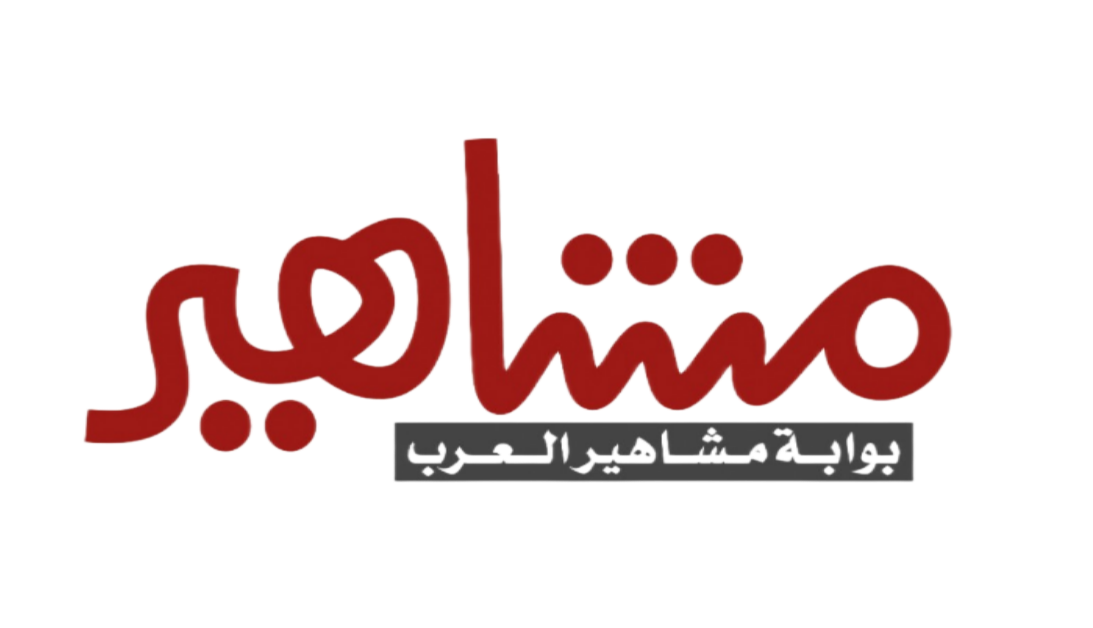A group of 1200 university students in Iran were struck down by food poisoning the night before a wave of anti-regime protests were set to be held throughout the country.
Students at Kharazmi and Ark universities experienced vomiting, severe body aches and hallucinations, the national student union claimed on Thursday.
At least four other universities reported similar outbreaks. Uninfected students are reportedly boycotting the cafeterias in response, the New York Postreported.
While officials are citing waterborne bacteria as the cause of the troubling symptoms, the student union posited that the population was intentionally poisoned.
“Our past experiences of similar incidents at the Isfahan university negates the authorities’ reason for this mass food poisoning,” the group wrote on Telegram.
Some university clinics closed down or ran out of supplies to treat dehydration, fuelling speculation that the outbreak was planned to stifle the three-day strike in response to the Iranian regime’s claims to have shut down the controversial morality police, Arab News reported.
Formally known as the Gasht-e Ershad, or “Guidance Patrol,” the morality police was established in 2006 to enforce the county’s strict dress code for women. Dating back to the aftermath of the 1979 revolution, the dress code requires all women to wear hijab head coverings in public.
The group came under fire after the death of 22-year-old student Mahsa Amini in police custody in September. An aspiring lawyer, Amini was allegedly arrested because her hijab revealed some of her hair.
Amini’s unexplained death gave way to women-led mass protests across the country. In addition to large street demonstrations, well-known figures like actors Hengameh Ghaziani and Katayoun Riahi are sharing images of themselves in public without headscarves.
During Iran’s brief World Cup showing last month, players and fans even refused to sing the country’s national anthem.
But despite the widespread movement, the Iranian regime has shown little sign of buckling to public pressure. Initial reports that the morality police were abolished were quickly followed by clarifications that the decision could not be officially confirmed.
Amid the food poisoning reports, Iranian journalist Masih Alinejad shared an image on Twitter of an amusement centre employee working without a hijab.
“Tehran’s prosecution has opened a case against her,” Alinejad wrote. “[The] morality police hasn’t been abolished. It was an absolute lie.”
This article originally appeared on the New York Post and was reproduced with permission



















